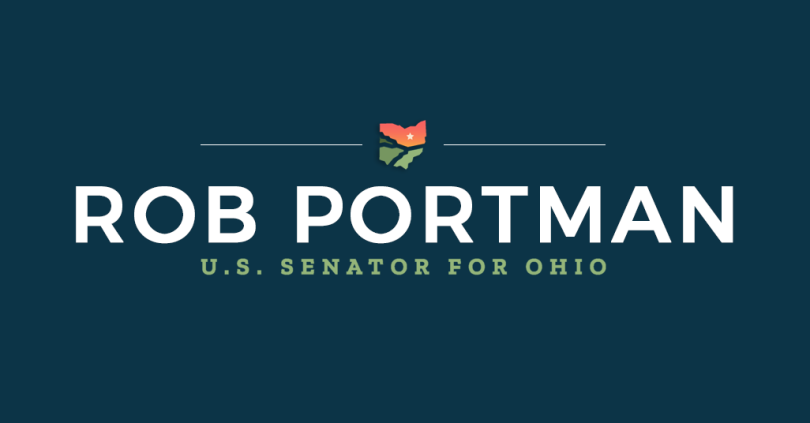[ad_1]
December 23, 2022
|
Press Releases
WASHINGTON, D.C. – Today, U.S. Senator Rob Portman (R-OH) announced that a number of his healthcare priorities have now been signed into law by President Biden after being included in this year’s bipartisan funding bill.
IMPROVE Act
Senator Portman introduced the Improving Medicare Patients with RNHCI Options to Vaccinate Easily (IMPROVE) Act this past September and it passed the Senate by unanimous consent. The IMPROVE Act seeks to correct an issue for those Medicare beneficiaries that have a special Religious Nonmedical Health Care Institutions (RNHCI) benefit which allows those who have deeply held religious views to get alternative care. Until now if they chose to get a COVID-19 vaccine they would risk losing this special benefit.
“I am pleased to see this important legislation included in the end-of-year funding package. The IMPROVE Act corrects an issue while preserving religious freedom and allowing more people to choose to get vaccinated,” said Portman.
The IMPROVE Act ensures both religious freedom and will increase the number of those choosing to get vaccinated. This legislation is fully paid by a balance in the Medicare Improvement Fund. You can read the bill text here.
NO PAIN Act
In March 2021, Senators Portman (R-OH), Shelley Moore Capito (R-WV), Jeanne Shaheen (D-NH), and Joe Manchin (D-WV) introduced the Non-Opioids Prevent Addiction in the Nation (NOPAIN) Act. The legislation aims to help address barriers to non-opioid pain management for those enrolled in Medicare, which will help stem the opioid epidemic across the nation.
“I am pleased to see this important legislation included in this end-of-year package. The NO PAIN Act helps to provide better access to non-opioid pain management medications which will be life changing for many and will be a good tool to help combat the opioid crisis,” said Portman.
Under current law, hospitals receive the same payment from Medicare regardless of whether a physician prescribes an opioid, or a non-opioid. As a result, hospitals rely on opioids, which are typically dispensed by a pharmacy after discharge at little or no cost to the hospital. The NOPAIN Act would change this policy by directing the Centers for Medicare and Medicaid Services (CMS) to provide separate Medicare reimbursement for non-opioid treatments used to manage pain in both the hospital outpatient department (HOPD) and the ambulatory surgery center (ASC) settings. U.S. Representatives Terri Sewell (D-AL) and David McKinley (R-WV) led companion legislation in the House. A one-pager on the bill can be found here. Bill text can be found here.
Money Follows the Person Program
The FY 2023 bipartisan funding bill includes legislation to reauthorize the Money Follows the Person (MFP) Program for five years, which provides states with funding and flexibility to help Medicaid beneficiaries, particularly the elderly and people with disabilities, transition from institutional to home and community-based long-term care settings.
“I am pleased to see an important program that has already helped more than 100,000 individuals transition to community living extended through 2027,” said Portman.
###
[ad_2]
Source link








